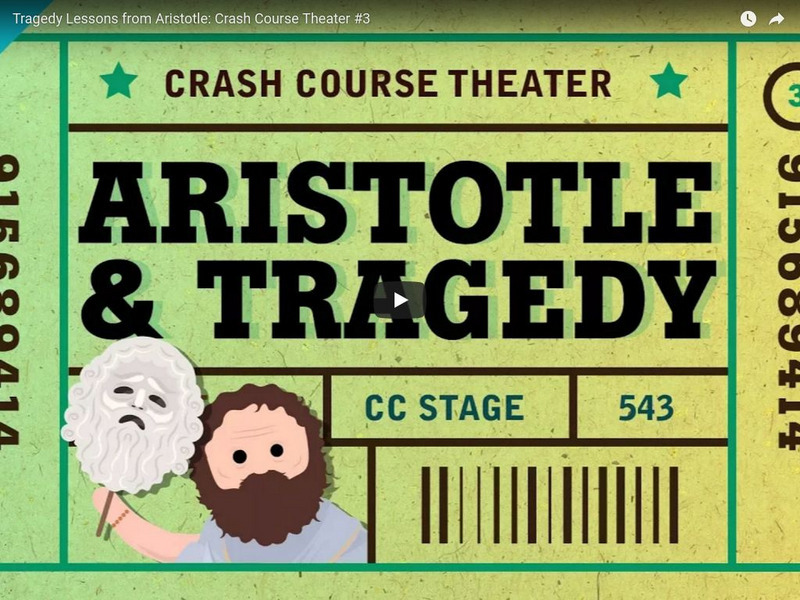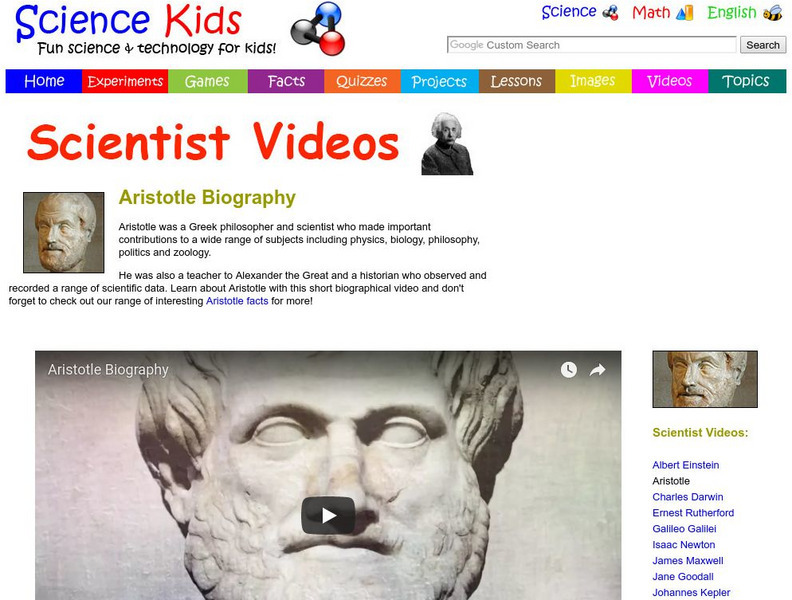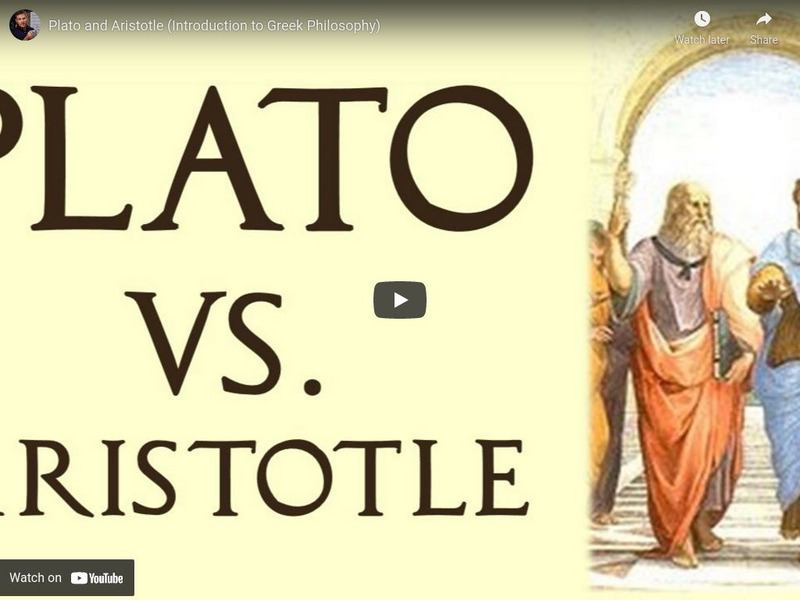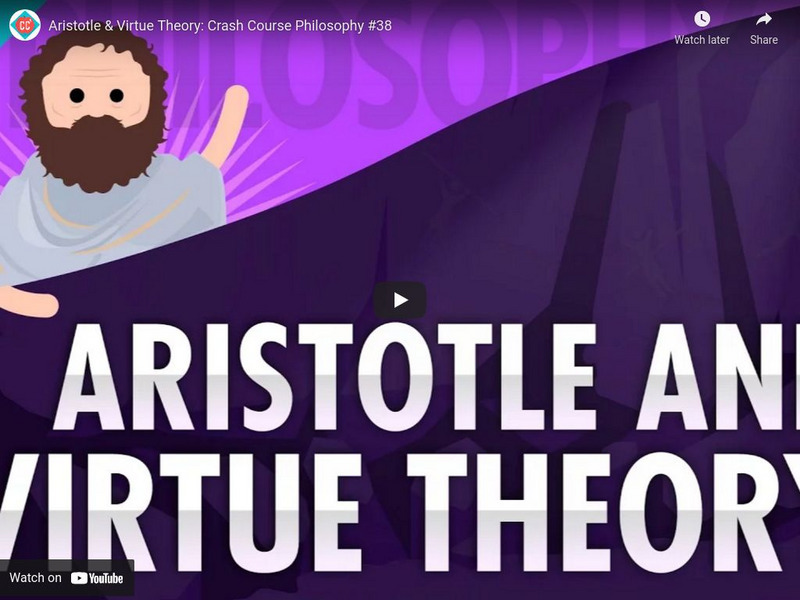Hi, what do you want to do?
Bloomberg
Abby Joseph Cohen: More Damage Ahead for Credit Markets
Abby Joseph Cohen, a Columbia Business School professor and retired Goldman Sachs partner, says individual bonds present some of the best opportunities in 20 years for the average investor. She speaks on "Bloomberg Surveillance."
Curated Video
GREECE: ARCHAEOLOGISTS DISCOVER ARISTOTLE'S SCHOOL THE LYCEUM
English/Nat
It's being called one of the most amazing archaeological discoveries of modern times.
Excavators in Greece have stumbled upon the Lyceum -- the school where Aristotle taught his pupils a greater understanding of science and...
Bridgeman Arts
The School of Athens - Raphael
A detailed view of Raphael's famous fresco ""School of Athens"" from the Stanza della Segnatura.
AFP News Agency
CLEAN : Churchill painting from Onassis superyacht to auction in New York
A piece of art weaving together one of the great statesmen of the 20th century, an icon of the jet set and the world's first "super yacht" will go under the hammer at New York auction house Phillips on June 23 (Footage by AFPTV via Getty...
Bridgeman Arts
Unknown ancient greek and roman artists - Alois Riegl - Legitimization of styles
The classical antiquity goes from the 8th century BC until the 5th century AD, but very often the concept ""classicism"" is understood as a unique style. However, it includes an enormous variety of styles and techniques. Art historian...
Crash Course
The Medieval Islamicate World: Crash Course History of Science #7
The Medieval Islamicate World was truly a world of wonders! Clocks with gears, armillary spheres ... and robots that played music? Journey to ancient Baghdad, the center of science and math with the seventh video in a History of Science...
Crash Course
Plato and Aristotle: Crash Course History of Science #3
Biology, cosmology, philosophy ... Plato and Aristotle had theories about them all! How did these ancient scholars shape the science of today? The third video in the History of Science series compares and contrasts the ideas of the famed...
Macat
An Introduction to Aristotle's Metaphysics
Metaphysics explores concepts of reality and being. A video summary provides an introduction to Aristotle's Metaphysics. Clear narration and creative animation help viewers understand the deep concepts presented in the text.
Macat
An Introduction to Aristotle’s Nicomachean Ethics
Discover Aristotle's view of happiness, or eudaimonia, with a short video that analyzes the Greek philosopher's Nicomachean Ethics. An applicable example of finding the golden mean when pursuing happiness connects ancient...
The School of Life
Philosophy - Aristotle
How easy is it to change your virtues? High schoolers learn about Aristotle and his philosophical views with a short analysis video. It links the value of art, particularly drama, to one's virtues, values, friendships, and social...
Macat
An Introduction to Aristotle's Politics
Are politics a necessary and natural part of society? High schoolers view a brief explanation of Aristotle's Politics to learn more about the ways Greek society — and modern society — form the political world to help citizens...
Crash Course
Tragedy Lessons from Aristotle: Crash Course Theater #3
Guts! Gore! Murder! Human flaws! Aristotle considered all elements of a tragedy. Crash Course Theater's third video covers the Greek philosopher's views on the art form and also explains alternating perspectives on the topic. Engaging...
TED-Ed
The Lost Art of Democratic Debate
Debates afford our learners the opportunity to become better researchers, critical thinkers, eloquent speakers, and informed participants in our society. If you are planning to host debates in your classroom, try beginning by...
Crash Course
Crash Course Theater #3: Tragedy Lessons From Aristotle
If you choose to believe Aristotle, then you must believe all the mechanics of tragedy. This episode looks at Aristotle's rules for the basic elements of theater, and how those can be used to bring about catharsis, the emotional release...
Science for Kids
Science Kids: Scientist Videos: Aristotle Biography
Learn about Aristotle, a Greek philosopher and scientist who made important contributions to a wide range of subjects including physics, biology, philosophy, politics and zoology. [1:56]
Center For Civic Education
60 Second Civics: Aristotle: The Forms of Government
Examines Aristotle's concept of the forms of government.
Center For Civic Education
60 Second Civics: Aristotle: Democracy
Looks at Aristotle's description of democracy as an example of a corrupt form of government.
Center For Civic Education
60 Second Civics: Elements of Democracy Pt. 110: Aristotle and Political Culture
On today's podcast, we learn about Aristotle's important contribution to the modern conception of democracy.
Center For Civic Education
60 Second Civics: Aristotle: Three Functions of the State
This podcast explores Aristotle's notion of the three functions of the state.
Center For Civic Education
60 Second Civics: Aristotle: Polity
Discusses Aristotle's concept of the polity as a right form of government.
Center For Civic Education
60 Second Civics: Aristotle: Mixed Constitutions
This podcast examines Aristotle's ideas about mixed constitutions.
Crash Course
Crash Course World History #8: Alexander the Great
In this Crash Course video, you are introduced to the life and accomplishments of Alexander the Great, his empire, his horse Bucephalus, the empires that came after him, and the idea of Greatness. Is greatness a question of...
Tom Richey
Tom Richey: Plato and Aristotle (Introduction to Greek Philosophy)
Video created and narrated by Tom Richey discussing the philosophies of Plato of and Aristotle. In this introduction to Greek philosophy, Richey illuminates the comparison between Plato's idealism versus Aristotle's realism. [7:50]
Crash Course
Crash Course Philosophy #38: Aristotle and Virtue Theory
In this video episode "Crash Course Philosophy #38: Aristotle and Virtue Theory;" we explore the final ethical theory in this unit: Aristotle's virtue theory. Hank explains the Golden Mean, and how it exists as the midpoint between vices...



















